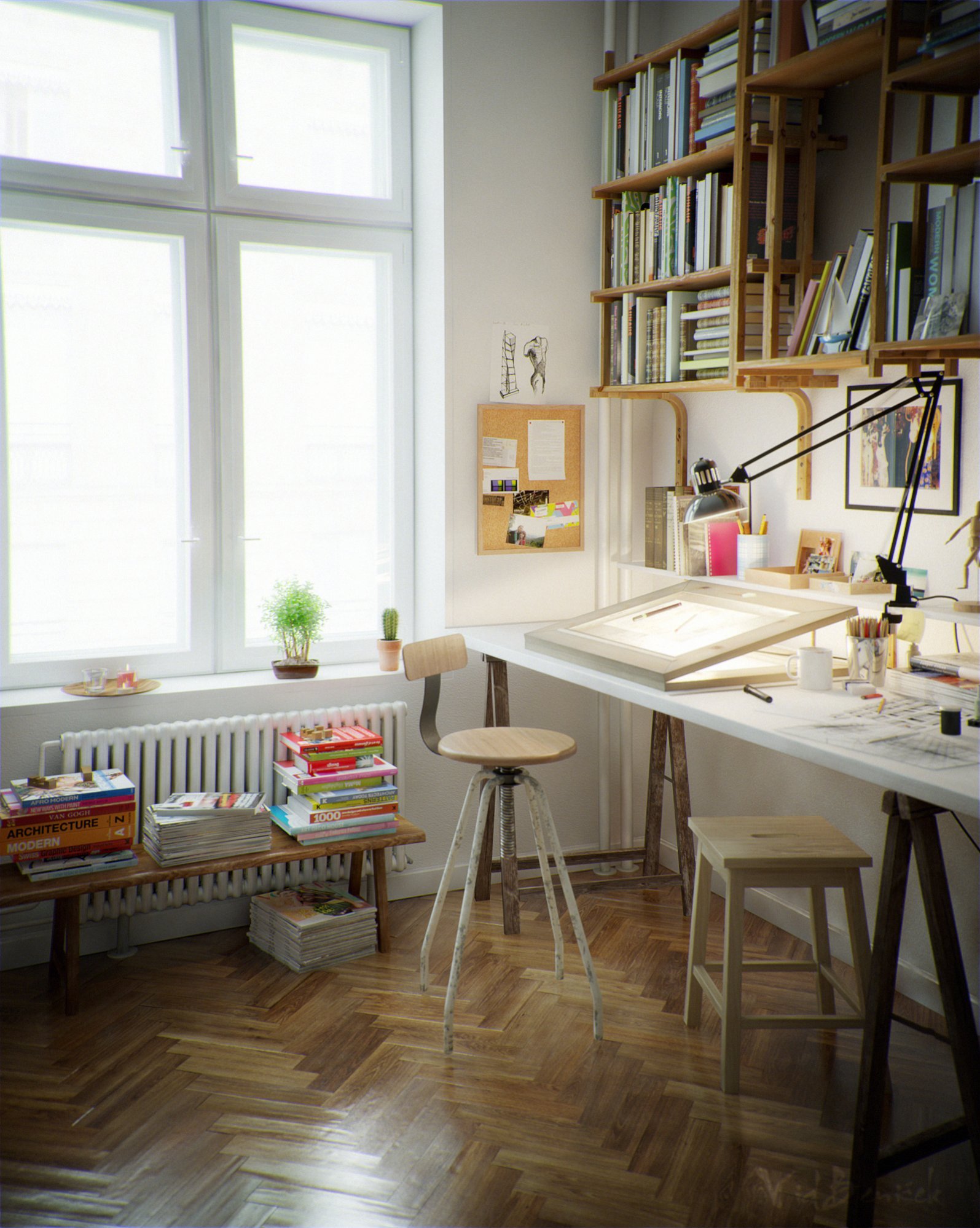Reliable Methods for Embracing Minimalism in a Busy Way of living
Reliable Methods for Embracing Minimalism in a Busy Way of living
Blog Article
Understanding Minimalism: Strategies for Decreasing Clutter and Enhancing Clarity in Everyday Living
Minimalism is increasingly acknowledged as a feasible technique to improving clearness and focus in today's messy world. By methodically examining our possessions and prioritizing intentionality, we can develop areas that not only reflect our values but also promote mental health. Employing strategies such as the "Four-Box" strategy can facilitate a more organized atmosphere, yet the true challenge lies in cultivating a minimal frame of mind that maintains these efforts. Discovering the subtleties of this viewpoint might disclose unexpected understandings right into how you can change your everyday life. What might you find when you accept this willful simplicity?
Specifying Minimalism and Its Benefits
Specifying minimalism entails recognizing it as a way of life option that emphasizes simplicity and intentionality in both physical ownerships and daily routines. At its core, minimalism motivates individuals to prioritize what absolutely matters, enabling for a more significant and concentrated presence. By removing the non-essential, minimalism welcomes individuals to engage deeply with their experiences and environments.
It promotes mental clearness, as lowering clutter in one's setting can lead to reduced interruptions and anxiety. Minimalism promotes economic freedom; by focusing on needs over wants, people can make more educated purchasing choices, leading to possible financial savings and decreased financial debt.
Eventually, minimalism is not simply about worldly decrease but includes a holistic shift in viewpoint, cultivating a life defined by balance, function, and satisfaction. Accepting this way of life can bring about extensive changes in just how people engage and perceive with the world around them.
Analyzing Your Existing Mess
Clutter often shows up as a frustrating buildup of items that no longer serve a function, producing a barrier to attaining a minimalist way of living. To effectively assess your existing mess, it is necessary to adopt a systematic approach. Begin by identifying the areas in your space that feel chaotic or overwhelming. Bear in mind of details groups of things, such as garments, publications, or kitchenware, as this will help you understand the extent of the mess.

In addition, take into consideration the regularity of use for each and every thing. It may be a candidate for elimination if something has actually not offered a function in the past year. This analysis will certainly not only clarify your relationship with your possessions yet will also set the foundation for reliable decluttering in the future. Eventually, comprehending your current mess is a critical action towards embracing minimalism and boosting clarity in your day-to-day living.

Practical Decluttering Strategies
Having actually examined your current clutter, the following action is to carry out useful decluttering methods that promote a more organized living room. Minimalism. One reliable technique is the "Four-Box" strategy, where you assign four boxes classified: maintain, donate, garbage, and relocate. This technique motivates quick decision-making and makes certain products are classified suitably
One more strategy is the "One in, One out" regulation, which states that for every single brand-new item acquired, an existing thing needs to be eliminated. This concept helps keep balance and protects against build-up over time. In addition, think about the "30-Day Minimalism Game," where you remove one product on the very first day, two on the 2nd, etc, cumulatively promoting a feeling of achievement.
For those who battle with emotional add-ons to ownerships, the "Sentimental Worth" approach can be beneficial. Limitation on Check Out Your URL your own to a specific number of valued things, allowing you to value their relevance without overwhelming your room. Finally, develop a regular decluttering routine, whether monthly or seasonally, to preserve a clutter-free setting. By employing these methods, you can develop an extra efficient and tranquil home, ultimately enhancing clearness in your day-to-day life.
Producing Deliberate Rooms
Producing deliberate rooms includes a thoughtful strategy to just how we layout and organize our environments, making certain each location offers a details objective and mirrors our worths. This technique is essential in cultivating a feeling of clarity and function in our everyday lives. By critically examining the function of each space, we can remove diversions and improve our general health.
To create intentional spaces, begin by identifying the primary tasks that will occur in each area. For example, a home workplace should be developed to foster performance, including aspects such as appropriate lights, comfy furniture, and marginal disturbances. On the other hand, a relaxation location must promote peace, including calming colors and comfy seating.
In addition, take into consideration the psychological effect of your surroundings (Minimalism). Including personal things that resonate with your values, such as art work or plants, can improve the link to your room. Routinely assess these settings to ensure they remain to serve their designated objective as your needs advance
Eventually, developing intentional rooms has to do with making mindful choices that line up with your way of living, advertising consistency and efficiency in your living and functioning settings.
Maintaining a Minimalist Way Of Thinking
Welcoming a minimalist state of mind calls for ongoing reflection and intentionality in our activities and ideas. This approach involves cultivating understanding of our top priorities and values, allowing us to filter diversions and concentrate on what absolutely matters. To keep this mindset, learn the facts here now normal self-assessment is vital. Allot time to examine your dedications, properties, and also electronic content, ensuring they straighten with your core concepts.
This shift in point of view encourages admiration for simpleness, enhancing total wellness. Incorporating mindfulness strategies, such as meditation or journaling, can further strengthen a minimalist frame of mind by advertising clearness and reducing psychological clutter.
Additionally, develop limits to protect your energy and time. Learn to this link claim no to non-essential obligations and distractions that do not add to your personal growth. Border yourself with like-minded people who sustain your minimal journey, as shared worths can enhance inspiration and accountability.
Final Thought
In conclusion, embracing minimalism provides substantial advantages, consisting of lowered mess and enhanced clarity in everyday life. The principles of minimalism serve as important tools for cultivating a setting that sustains individual development and wellness.

Furthermore, take into consideration the "30-Day Minimalism Game," where you remove one product on the initial day, two on the second, and so forth, cumulatively promoting a feeling of accomplishment.
In verdict, welcoming minimalism supplies significant benefits, including decreased clutter and improved clarity in daily life.
Report this page